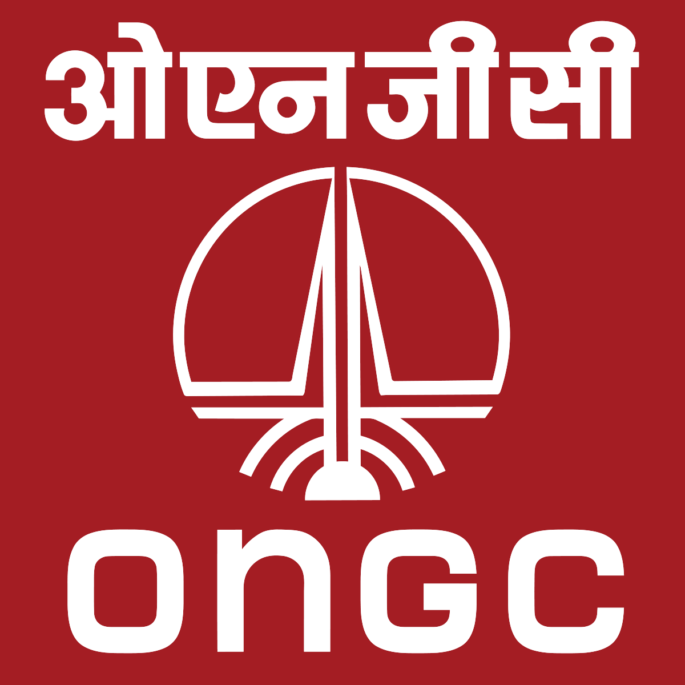
India: ONGC Expresses Reservation Over Local Steel Procurement Policy

ONGC flagged the issue in a meeting of the Standing Committee on Domestically Manufactured Iron & Steel Products (DMI&SP) policy. The policy, introduced in May, 2017, mandated local steel be used in preference to imports for government-funded projects. The move was an attempt to protect steel firms from imports.
“ONGC has stated that after the implementation of DMI&SP policy they have processed two tenders for procurement of regular casing pipes of various grades. In both tenders, prices received are on the higher side as compared to the prices finalised prior to the implementation of the policy,” the minutes of the meeting reads.
GAIL had earlier alleged that local pipe manufacturers were charging it Rs 1.2 lakh per tonne, which is 27-46% more than the last price it paid when it bought similar types of pipes; during this period, it says prices for HR coils rose just 7%.
During the meeting, ONGC even suggested that in the DMI&SP policy foreign bidders may be allowed to participate in the bid. They suggested that among all qualified bids, the lowest bid will be termed as L1. If L1 is from among a local supplier, the contract for full quantity will be awarded to L1.
“If L1 bid is not from a local supplier, 50% of the order quantity shall be awarded to L1 Thereafter, the lowest bidder among the local suppliers, will be invited to match the L1 price for the remaining 50% quantity subject to the local supplier’s quoted price falling within the margin of purchase preference, and contract for that quantity shall be awarded to such local supplier subject to matching the L1 price,” it suggested.
In case such lowest eligible local supplier fails to match the L1 price or accepts less than the offered quantity, the next higher local supplier within the margin of purchase preference shall be invited to match the L1 price for remaining quantity and so on, and contract shall be awarded accordingly.
“In case some quantity is still left uncovered on local suppliers, then such balance quantity may also be ordered on the L1 bidder,” ONGC said, adding that this would help in maintaining competitiveness of price as well as result in price discovery.



Trump weighs using $2 billion in CHIPS Act funding for critical minerals

Codelco cuts 2025 copper forecast after El Teniente mine collapse

Electra converts debt, launches $30M raise to jumpstart stalled cobalt refinery

Barrick’s Reko Diq in line for $410M ADB backing

Abcourt readies Sleeping Giant mill to pour first gold since 2014

Nevada army depot to serve as base for first US strategic minerals stockpile

SQM boosts lithium supply plans as prices flick higher

Viridis unveils 200Mt initial reserve for Brazil rare earth project

Tailings could meet much of US critical mineral demand – study

Kyrgyzstan kicks off underground gold mining at Kumtor

Kyrgyzstan kicks off underground gold mining at Kumtor

KoBold Metals granted lithium exploration rights in Congo

Freeport Indonesia to wrap up Gresik plant repairs by early September

Energy Fuels soars on Vulcan Elements partnership

Northern Dynasty sticks to proposal in battle to lift Pebble mine veto

Giustra-backed mining firm teams up with informal miners in Colombia

Critical Metals signs agreement to supply rare earth to US government-funded facility

China extends rare earth controls to imported material

Galan Lithium proceeds with $13M financing for Argentina project

Kyrgyzstan kicks off underground gold mining at Kumtor

Freeport Indonesia to wrap up Gresik plant repairs by early September

Energy Fuels soars on Vulcan Elements partnership

Northern Dynasty sticks to proposal in battle to lift Pebble mine veto

Giustra-backed mining firm teams up with informal miners in Colombia

Critical Metals signs agreement to supply rare earth to US government-funded facility

China extends rare earth controls to imported material

Galan Lithium proceeds with $13M financing for Argentina project

Silver price touches $39 as market weighs rate cut outlook

















